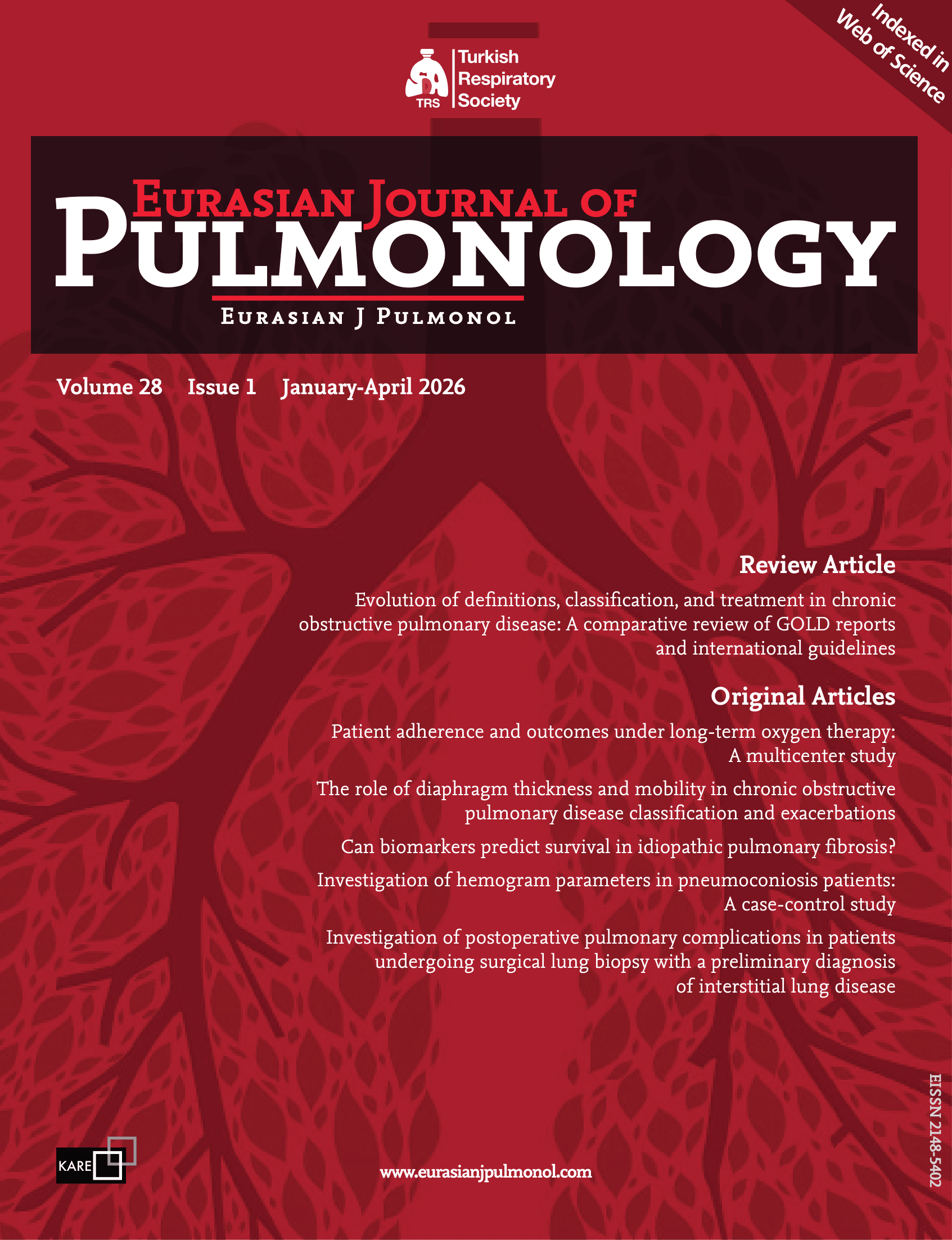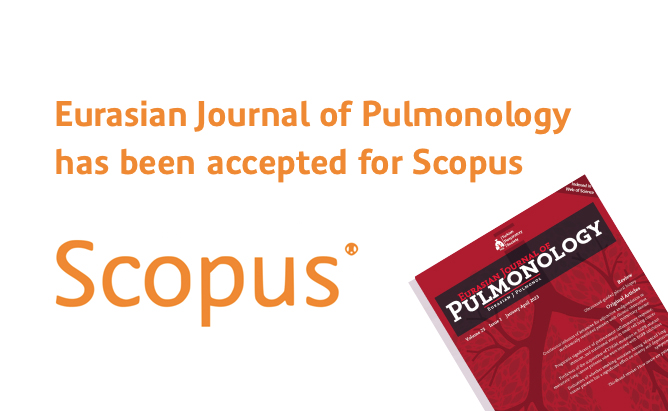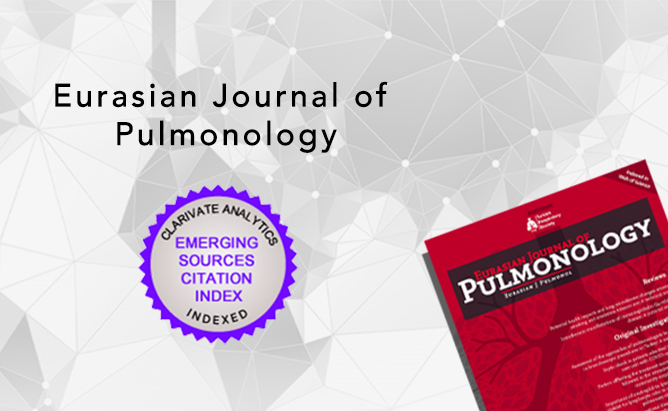2Department of Pathology, Faculty of Medicine, Duzce University, Duzce, Turkey
Abstract
Acute eosinophilic pneumonia (AEP) is characterized by a febrile illness, diffuse pulmonary infiltrates, hypoxemic respiratory failure, and pulmonary eosinophilia. A temporal relationship has been described in a number of patients between the development of AEP and the recent onset of cigarette smoking. A 22-year-old male patient with no known chronic disease was admitted to the emergency service for 3 days with the complaints of cough, fever, dyspnea, and pleuritic chest pain. He was formerly a nonsmoker but was a waterpipe (narghile, hookah) tobacco smoker as a new habit once a night for the last 2 months. The erythrocyte sedimentation rate and C-reactive protein are elevated. Arterial blood gases revealed moderate hypoxemia. Computed tomography scans included bilateral, random, and patchy ground-glass opacities and also small bilateral pleural effusions. Echocardiograhic examination was normal. We had accepted the patient as an acute eosinophilic pneumonia due to rapid response to corticosteroid treatment, no microorganism in bronchoalveolar lavage (BAL) culture, and predominant eosinophilia was observed (70%–80%) in BAL.









